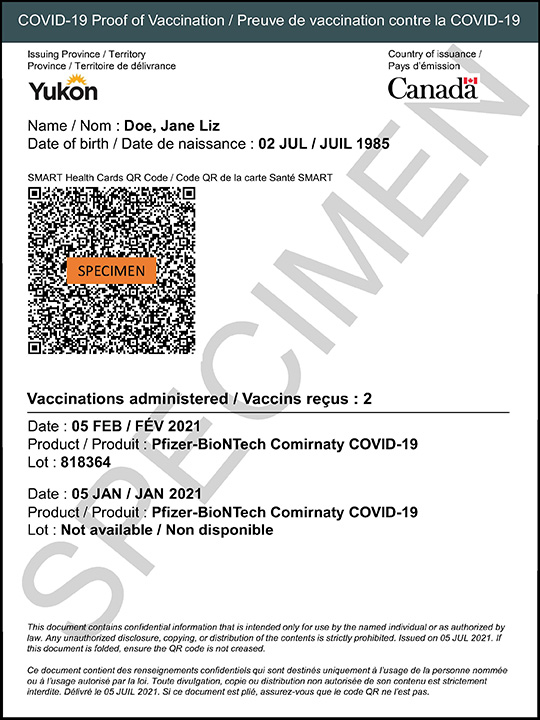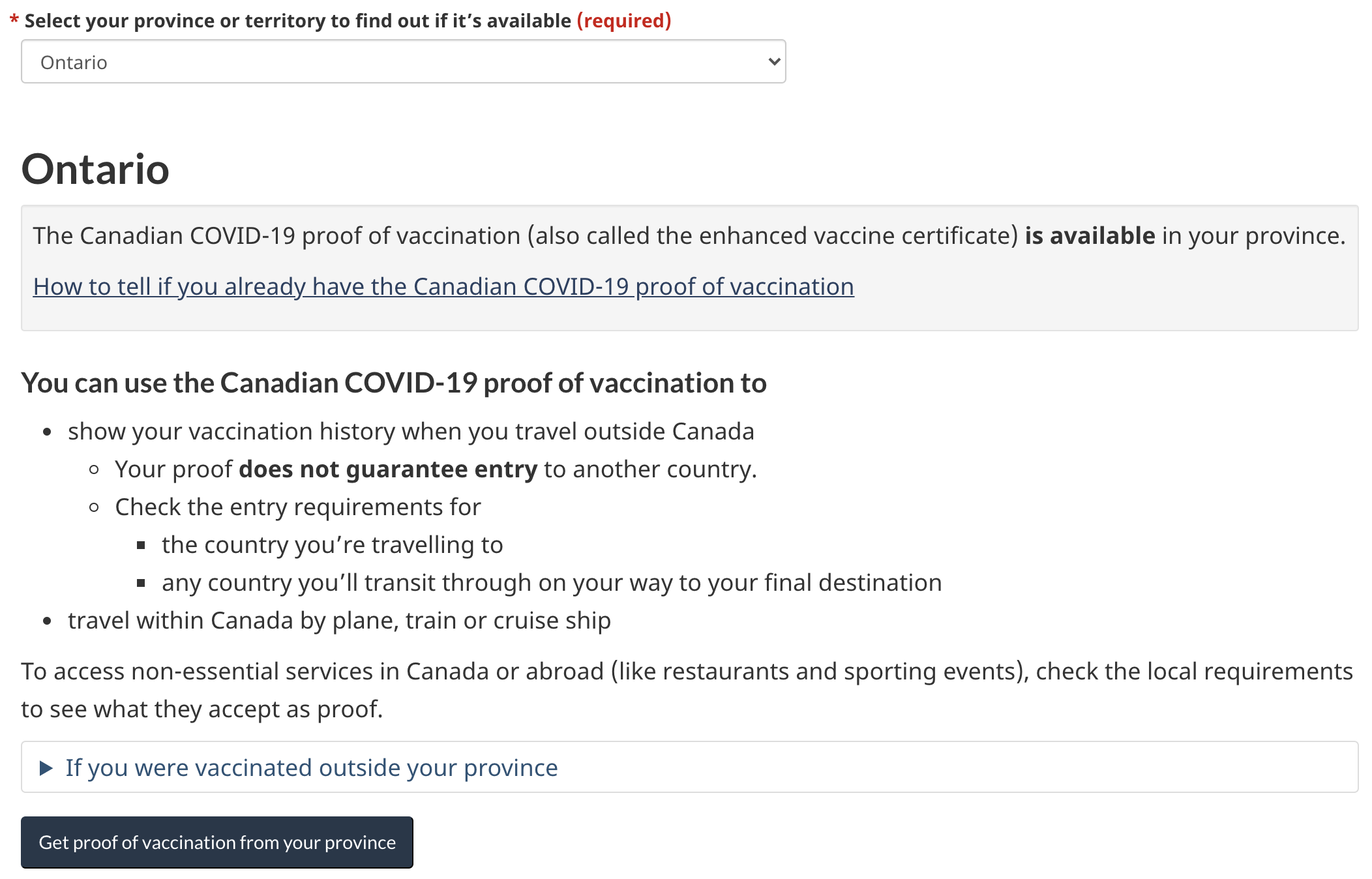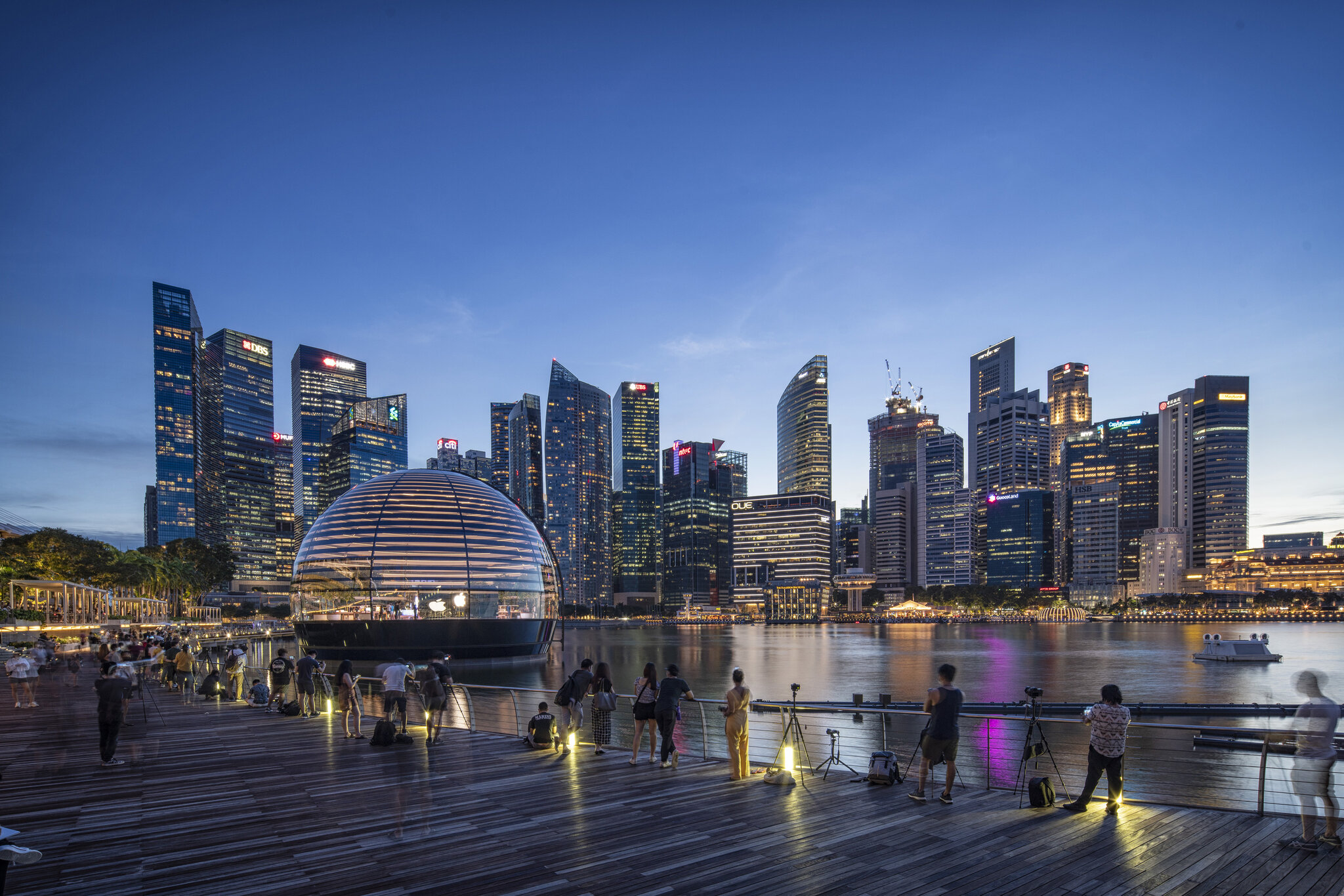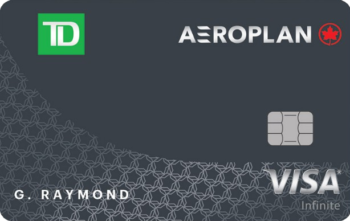As originally announced in August, Canada has today launched the official nationwide proof of vaccination for Canadians to use when travelling domestically and abroad.
This proof of vaccination standard was developed by individual provinces and territories with support from the Government of Canada, and serves as an internationally recognized document to facilitate fully vaccinated Canadians’ movement around the world.
What Does the Canadian COVID-19 Proof of Vaccination Look Like?
Canada’s official COVID-19 proof of vaccination displays the following information in both English and French:
- Issuing province or territory
- Name
- Date of birth
- SMART Health Card QR Code
- Vaccines administered, including the date, product, and lot number of each dose
A sample of the proof of vaccination document looks as follows:

How to Get the Canadian COVID-19 Proof of Vaccination
Canadians will request their official national proof of vaccination through their respective home provinces and territories. Currently, it is available to residents of the following provinces and territories:
- Newfoundland and Labrador
- Northwest Territories
- Nova Scotia
- Nunavut
- Ontario
- Quebec
- Saskatchewan
- Yukon
Each province or territory has a simple online form for requesting your Canadian proof of vaccination document, which you can access via this page on the Government of Canada website.

The remaining provinces and territories are in the process of making the Canadian proof of vaccination available to their residents in the near future. We’ll update this section continually as all of Canada gains access to the nationwide proof of vaccination.
We’d recommend getting your Canadian proof of vaccination as soon as you’re eligible in order to facilitate smooth travel across international borders.
Using the Canadian COVID-19 Proof of Vaccination
Once downloaded, the Canadian COVID-19 proof of vaccination can be stored as a digital file or printed on a piece of paper. If you’re unable to download your proof of vaccination, you can also request a copy by mail.
As of October 30, 2021, travellers will be required to show their proof of vaccination upon boarding any flight departing Canada or travelling by rail or cruise ship. The Canadian COVID-19 proof of vaccination can be used for this purpose, although provincially-issued equivalents should also suffice.
Similarly, the Canadian COVID-19 proof of vaccination can be uploaded to the ArriveCAN app as your proof of vaccination upon returning to Canada, without which you’d have to quarantine at home for 14 days. Still, provincially-issued proof of vaccination can also be used here, and there don’t appear to be any plans to standardize this proof to the pan-Canadian one only.
Where the Canadian COVID-19 proof of vaccination should absolutely come in handy is in facilitating international travel. Our provincial health cards come in all shapes and sizes, so it’s never a sure bet that another country might accept the proof when we’re crossing borders.
Having a globally recognized national standard for proof of vaccination, with a fulsome list of information that aligns with most countries’ standards, helps Canadians travel across borders more seamlessly.
For example, the UK has taken the position that a traveller’s date of birth must be reflected on their proof of vaccination, a criterion that Canada’s proof fulfills.
Similarly, Singapore upholds the SMART Health Card format to access their Vaccinated Travel Lanes (VTL), meaning that Canada’s official proof of vaccination can now be used to travel to Singapore.

Conclusion
Canada has outperformed its global peers in terms of vaccination rates, and we’ve been rewarded by being among the first travellers to be able to enter many countries as they reopen their borders.
Canada’s new nationwide proof of vaccination standard will smoothen our journeys as we embark on international trips, serving as a single universally recognized standard for boarding flights departing from Canada, entering other countries, and returning to Canada without quarantine.
I look forward to getting my Canadian COVID-19 proof of vaccination as a British Columbia resident and travelling abroad with one less thing to worry about.




















The SMART Health Card Verifier app works with our Alberta QR code. Awesome.
Thank you Paul and Big G !!
Hi, any idea why the Singapore VTL form does not accept the Ontario issued SMART Health QR code? I haven’t been able to apply for a VTP because of this for my travel in Dec. Any suggestions?
Just returned from Europe . My BC vaccination pass was accepted everywhere as well as in Illinois and Nevada last month. I had no issue whatsoever.
Ricky
Can you recommend a reliably accurate source that describes what documents and/or tests that are required to travel to European countries ?
I am travelling to Portugal and do not know if I need a Covid test to enter.
Thanks.
You do not need a test, just proof of vaccination. I entered Portugal Oct 5 with proof of BC vaccination and had no issues
Just downloaded it and the Smart Health Card app doesn’t recognize the QR code. Doesn’t give me enough confidence about travelling to Singapour.
Now all they need to do is remove the expensive PCR test before entry requirement and all will be well
USA announced it will accept mixed vaccine, as 4 millions Canadians received mixed vaccine (mostly Pfizer + Moderna). Eventually, most other countries will accept mixed vaccines also once WHO formally recognizes it. Along with this Vaccine Passport, we Canadians should be one of the few countries to be able to travel abroad “freely” when the world opens up…..
Now we need our government to get the rest of the world accepting mixed vaccinations, which plenty of Canadians ended up getting. A passport isn’t much good if it can’t be used.
I’m not sure it works for traveling outside of Canada and the US yet. I have my certification from Quebec and tried to use it on the French health pass app and it wasn’t recognized (I also have the French EU pass, for reference)
Interesting that you comment on being a BC resident and traveling abroad with your Canadian proof of vaccination, but BC isn’t included yet. I doubt our provincial ID will suffice.
Hence, I look forward to getting mine when it becomes available to BC residents. Incidentally, BC provincial proofs already follow the Smart Health Card format so should be one of the more likelier ones to be accepted abroad.
My BC vaccination record was accepted by 3 countries in Europe last month.
Canada should stop requiring PCR tests, at least for those fully vaccinated. There are a lot of sketchy ‘labs’ around the world to issue negative results.
The paper record or the QR code?
Too bad it really represents segregation and discrimination.